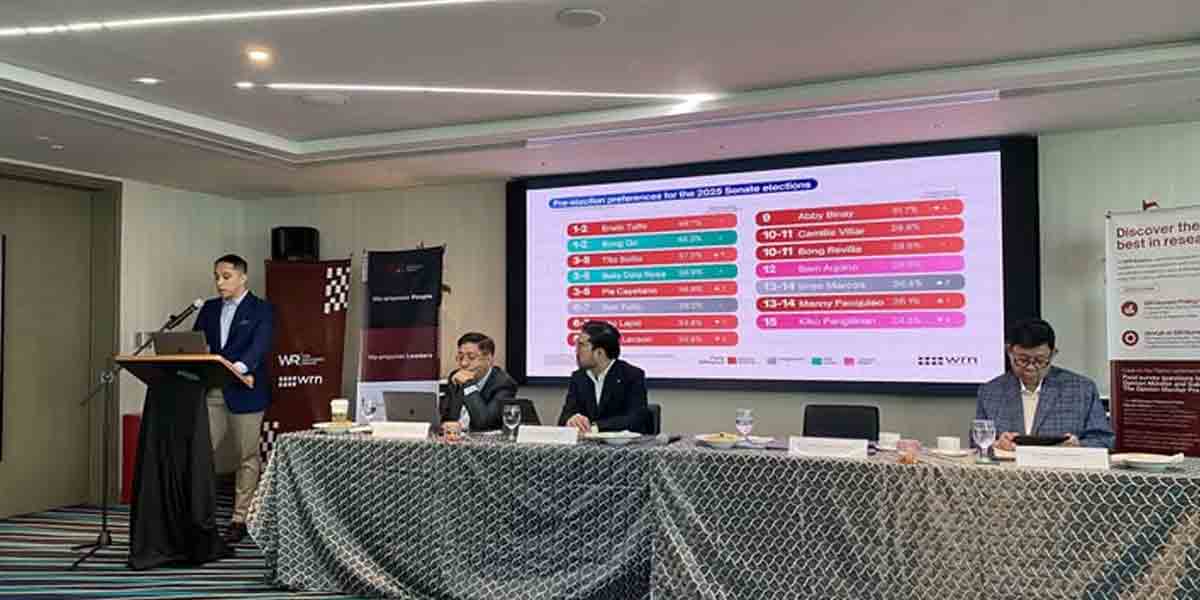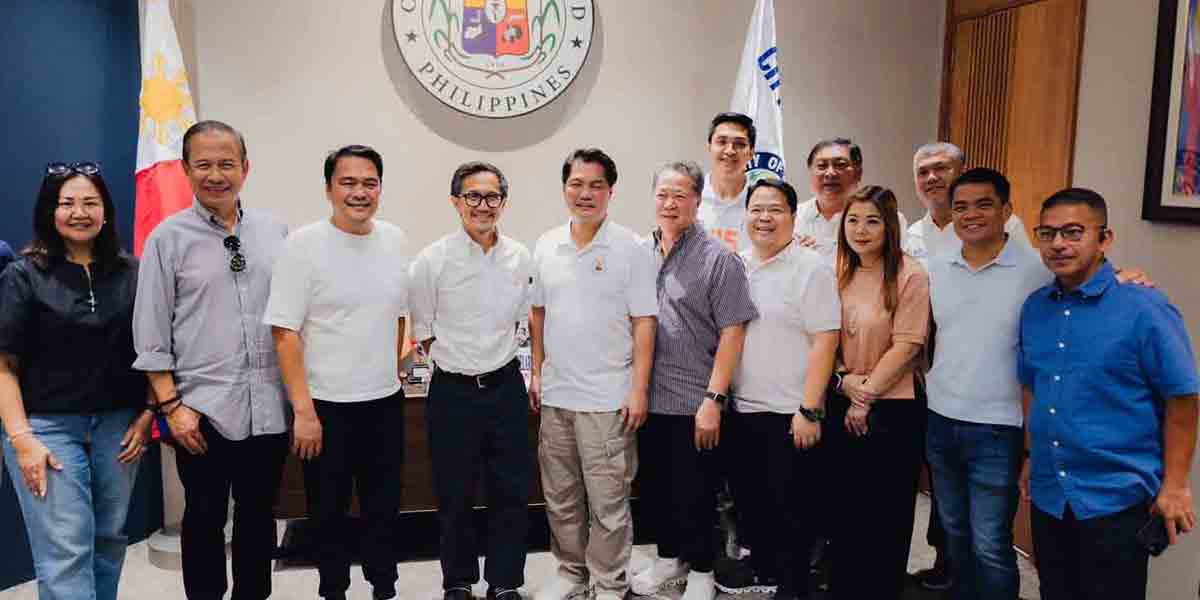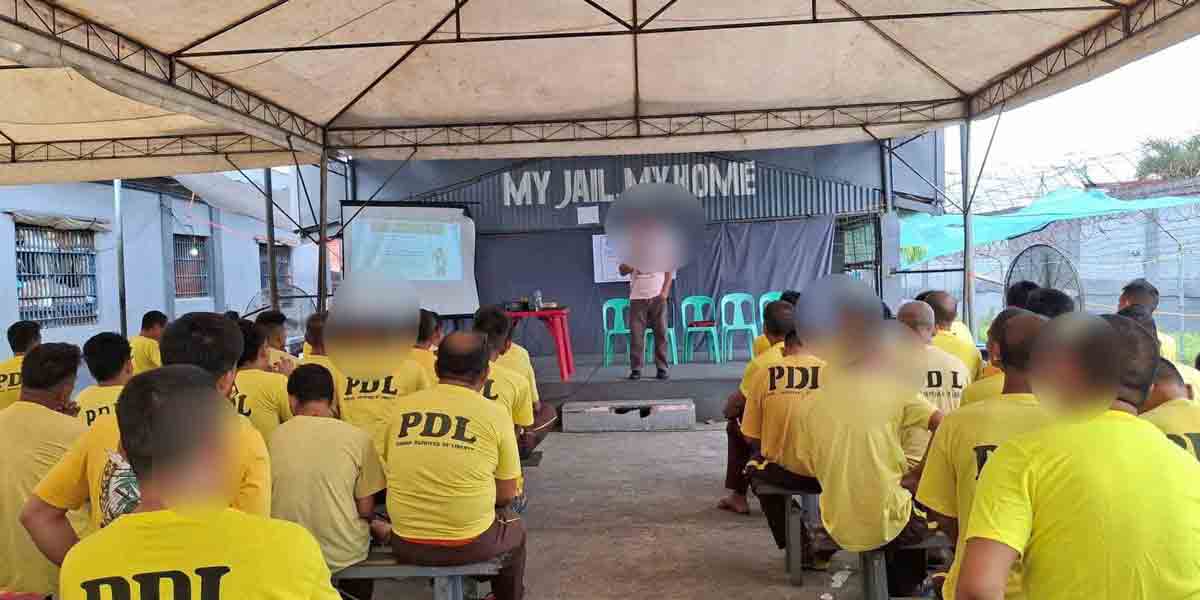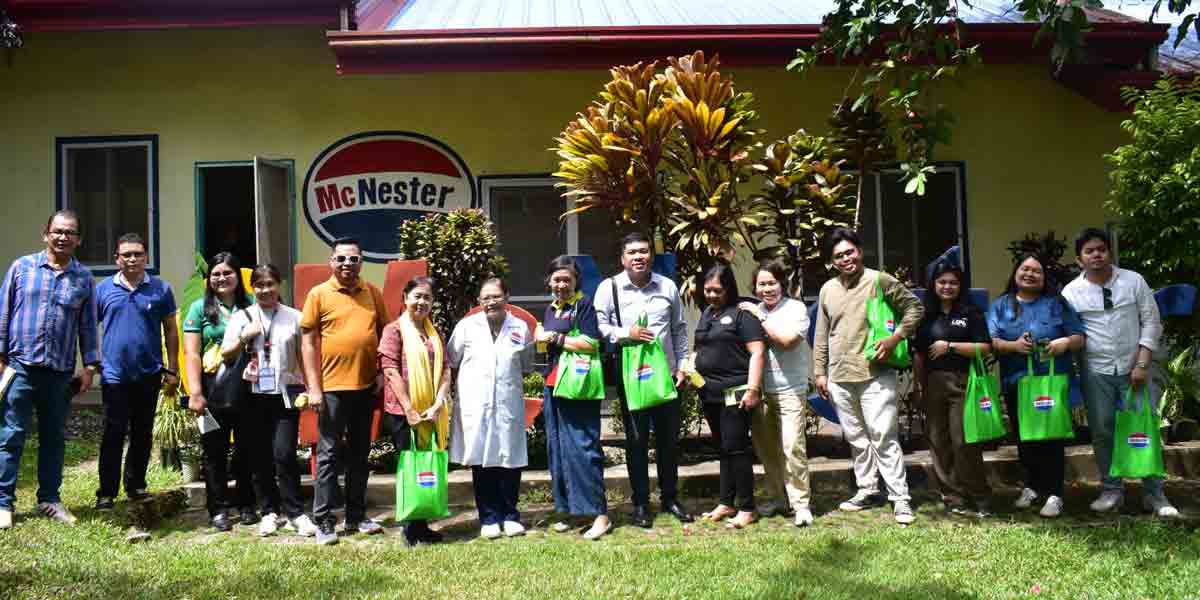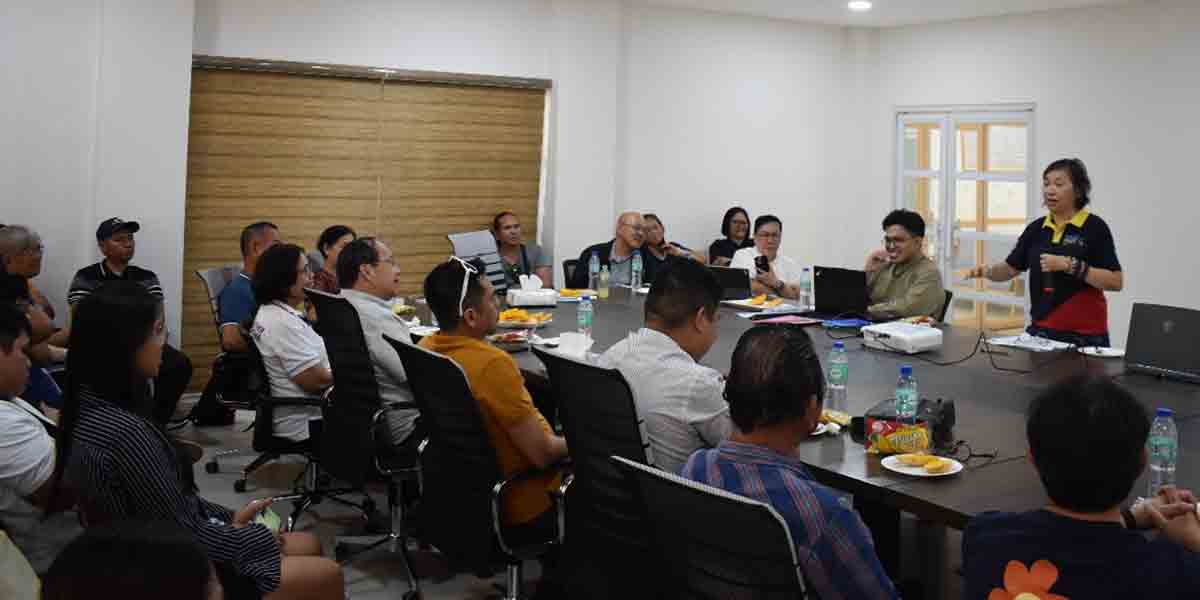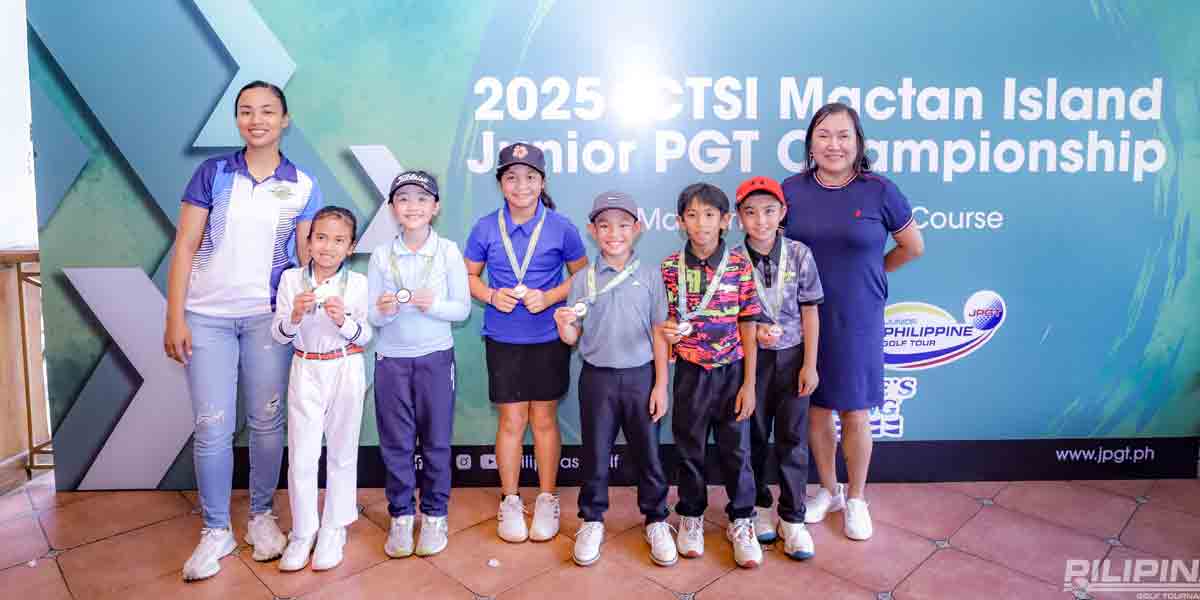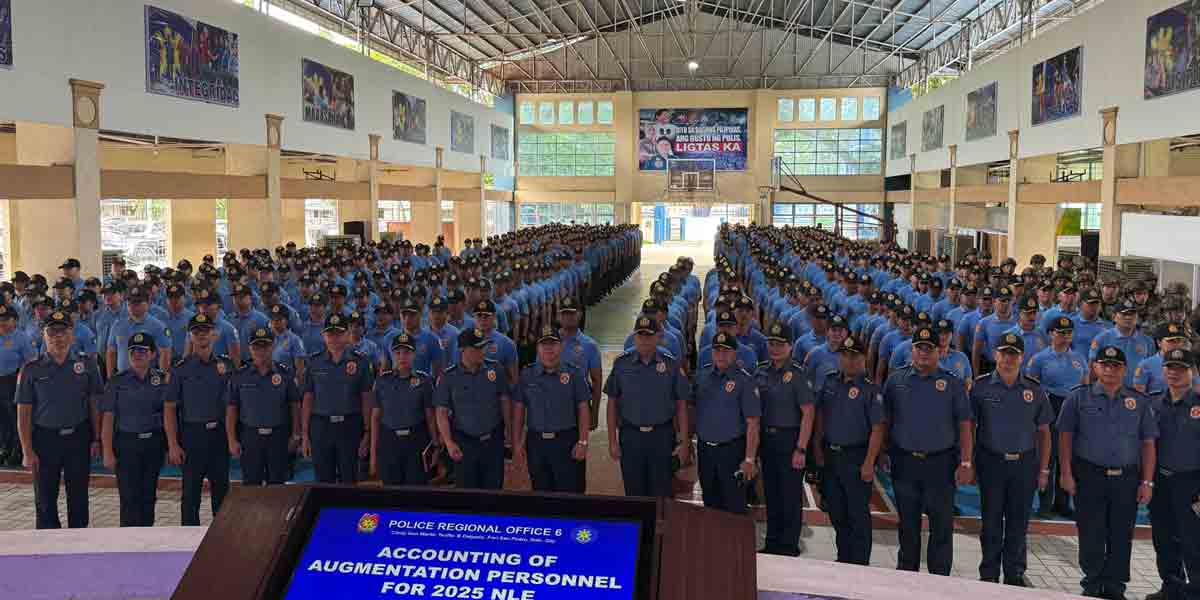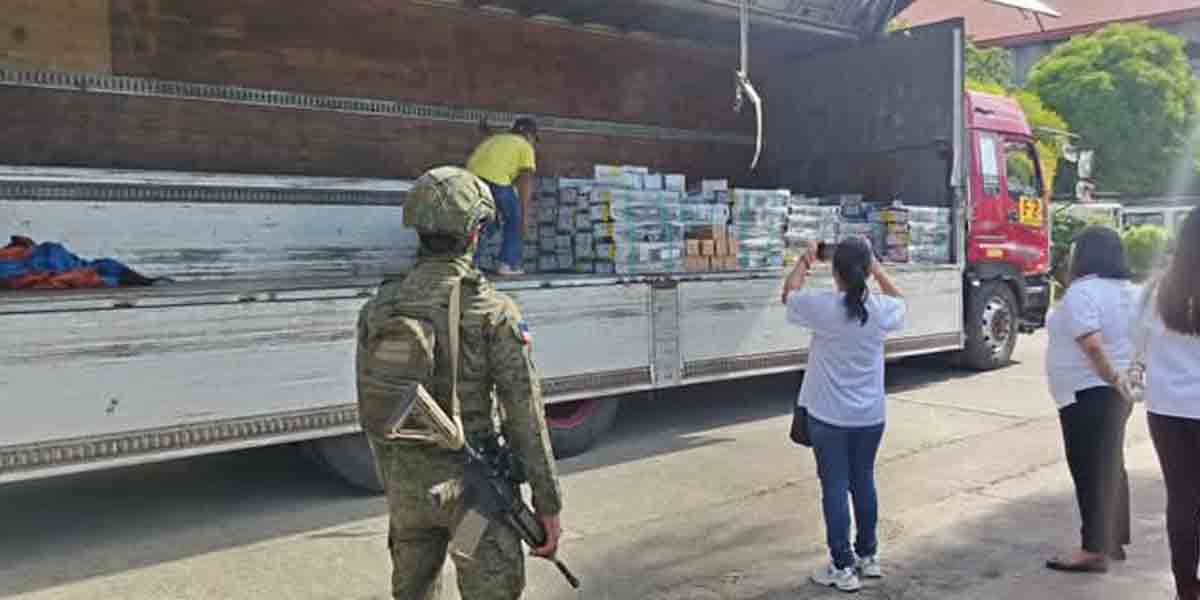The Philippines has formally backed the World Bank’s global jobs agenda aimed at tackling employment challenges in developing economies, emphasizing the vital role of governments in creating the conditions for private sector-led job growth.
Speaking at the EDS15 Constituency Meeting held at the World Bank headquarters on April 23, Department of Finance (DOF) Undersecretary Joven Balbosa said the Philippines supports the Bank’s initiative themed “Jobs – The Path to Prosperity.”
“In line with current Bank priorities and the theme of this year’s Spring Meetings, we acknowledge and support the Bank’s job creation agenda,” Balbosa said.
He stressed that while businesses are the primary job generators, public institutions must lay the groundwork through infrastructure investment, sound policies, and regulatory reforms.
“It is essential to recognize the role of the public sector in laying the foundations through basic infrastructure, policies, and regulatory reforms, as preconditions for businesses to thrive,” Balbosa added.
The World Bank estimates that 1.2 billion youth across emerging markets and developing economies (EMDEs) will enter working age in the next 10 years, but only 420 million jobs are projected to be created—a deficit of 780 million.
This sharp shortfall has prompted the World Bank to prioritize job creation as a core development goal.
Balbosa cited the Philippines’ efforts in this area, noting that the country’s startup sector, growing digital economy, and expanding base of micro, small, and medium enterprises (MSMEs) offer a strong platform for both job generation and improvement in job quality.
Government programs that support business registration, online platforms, and digital finance access have contributed to expanding employment opportunities in both urban and rural areas.
The DOF also urged the World Bank to remain committed to its Evolution Roadmap, a reform framework designed to strengthen the institution’s response to global challenges such as poverty, inequality, and climate change.
“We must follow through the roadmap’s deliverables, and on the promise of a bigger and better Bank that is fit-for-purpose to respond to the most pressing needs of people and the planet,” Balbosa said.
He also thanked the Bank for improving the affordability of loans from the International Bank for Reconstruction and Development (IBRD), particularly for countries like the Philippines that need concessional financing for infrastructure and climate adaptation.
To further improve support, the DOF proposed the expansion of the Bank’s Framework for Financial Incentives (FFI) to include pricing advantages for projects that address global issues such as climate resilience or food security and deliver benefits across borders.
Regarding the World Bank’s ongoing review of shareholding and governance reforms, Balbosa emphasized the importance of preserving the voting power of developing countries.
He cited the Lima Principles, which ensure equity and legitimacy in institutional reforms, and called for “comprehensive simulations” and “full and transparent consultations” before implementing any changes.
The EDS15 Constituency represents the interests of Brazil, Colombia, Dominican Republic, Ecuador, Haiti, Panama, Philippines, Suriname, and Trinidad & Tobago.
The meeting was chaired by Executive Director Marcos V. Chiliatto of Brazil, with DOF Assistant Secretary Donalyn Minimo and Deputy Treasurer Erwin Sta. Ana joining Balbosa to represent the Philippines.


